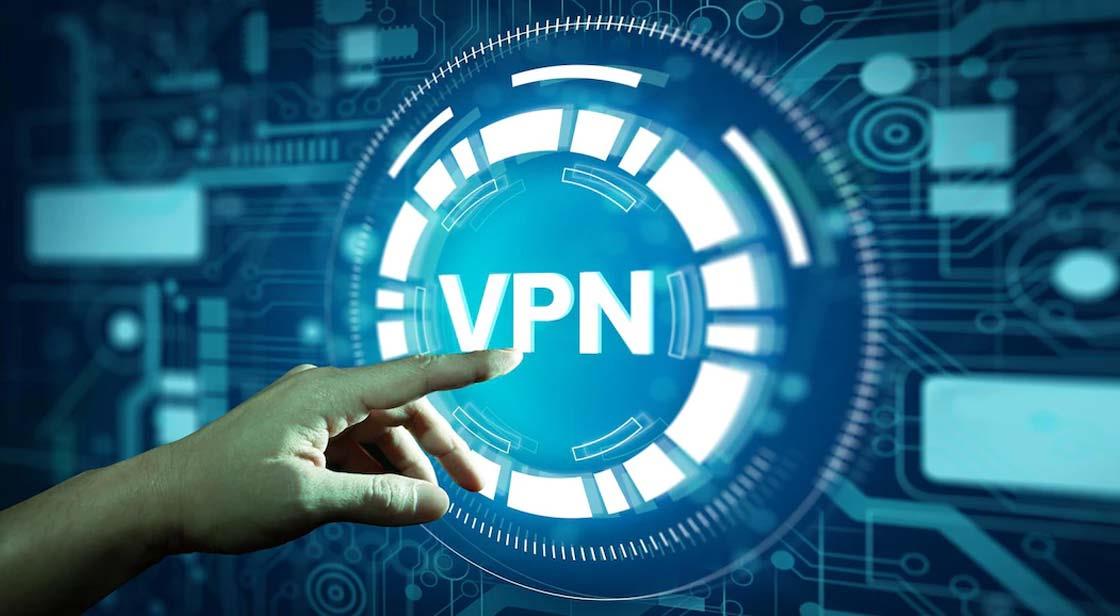Introduction
In the present digital era, there are so many digital threats that are posing significant risks day by day. Spoofing and sniffing are one of those online threats. Where Spoofing disguises identity & deceives systems, on the other hand, Sniffing secretly obstructs data.
Are you worried about the safety of your personal as well as organizational data? If so, it is a must for you to go through the meaning of these terms. So, let’s take a dive into this blog to recognize how both spoofing & sniffing operate.
An Overview Of Spoofing & Sniffing: The Biggest Digital Security Risks
Do you want to enhance your cybersecurity defenses? If yes, it’s essential for you to explore the foundation of these digital dangers.
Spoofing:
Spoofing is a one-of-a-kind technique that attackers use to disrupt systems or users. They falsify information to acquire illegal access or also perform malicious activities. It includes- manipulation of data and more.
Types of spoofing attacks:
There are various types of spoofing attacks. They are as follows-
- Caller ID Spoofing
- Email Spoofing
- Website Spoofing
- DNS Server Spoofing
- GPS Spoofing
- ARP Spoofing
- Text-Message Spoofing
- Extension Spoofing
Sniffing:
Sniffing means monitoring & capturing network traffic so that it becomes easy to capture confidential information like- usernames, passwords, and much more.
Different forms of sniffing attacks:
- Packet Sniffing known as packet or data interception
- Network Sniffing
How To Distinguish Spoofing And Sniffing?
Spoofing |
Sniffing |
|
|
|
|
|
|
|
|
Which Strategies Can Enable You To Mitigate These Online Threats?
Are you looking to implement preventive measures to safeguard against spoofing & sniffing? If yes, let’s have an overview of the strategies helpful in having protection against both of these online threats-
Prevention against spoofing
- Robust authentication protocols such as-double-factor authentication
- Deployment of encryption methods
Security against sniffing
- Use of secured & encrypted connections namely- VPNs
- Regular updating of the software
- Employment of intrusion detection systems
To be honest, the strategies mentioned above are crucial in the present interconnected digital landscape. It is so because they are helpful in-
- Fortifying defenses
- Ensuring the integrity of the data
- Protecting confidential data against sniffing & spoofing
Role of Digital Security In Preventing Spoofing & Sniffing
Nowadays, there can be observed so many trends. Spoofing and sniffing are one of these trends. What do these emerging trends indicate exactly? In reality, both of the digital threats namely- spoofing & sniffing are the clear demonstration of sophisticated attacks. These attacks leverage technologies namely- AI and machine learning.
If there is anybody who has a strong desire to combat spoofing & sniffing, cybersecurity advancement is the key. It entirely focuses on the development of the most detection systems as well as bringing enhancement in the encryption techniques.
So, it is a hope that in a few coming years, digital security will be all about-
- Integrating AI-driven security measures
- Escalating emphasis on user education
- Stricter regulations
Ultimately, you can successfully fortify global cyber defenses from the unexpected dangers of spoofing & sniffing in 2024.
Conclusion
In short, both spoofing & sniffing are malicious practices that are responsible for exploiting vulnerabilities not only in the systems but also in networks. It emphasizes the critical requirement for robust security measures to safeguard against such potential threats.

.jpg)


